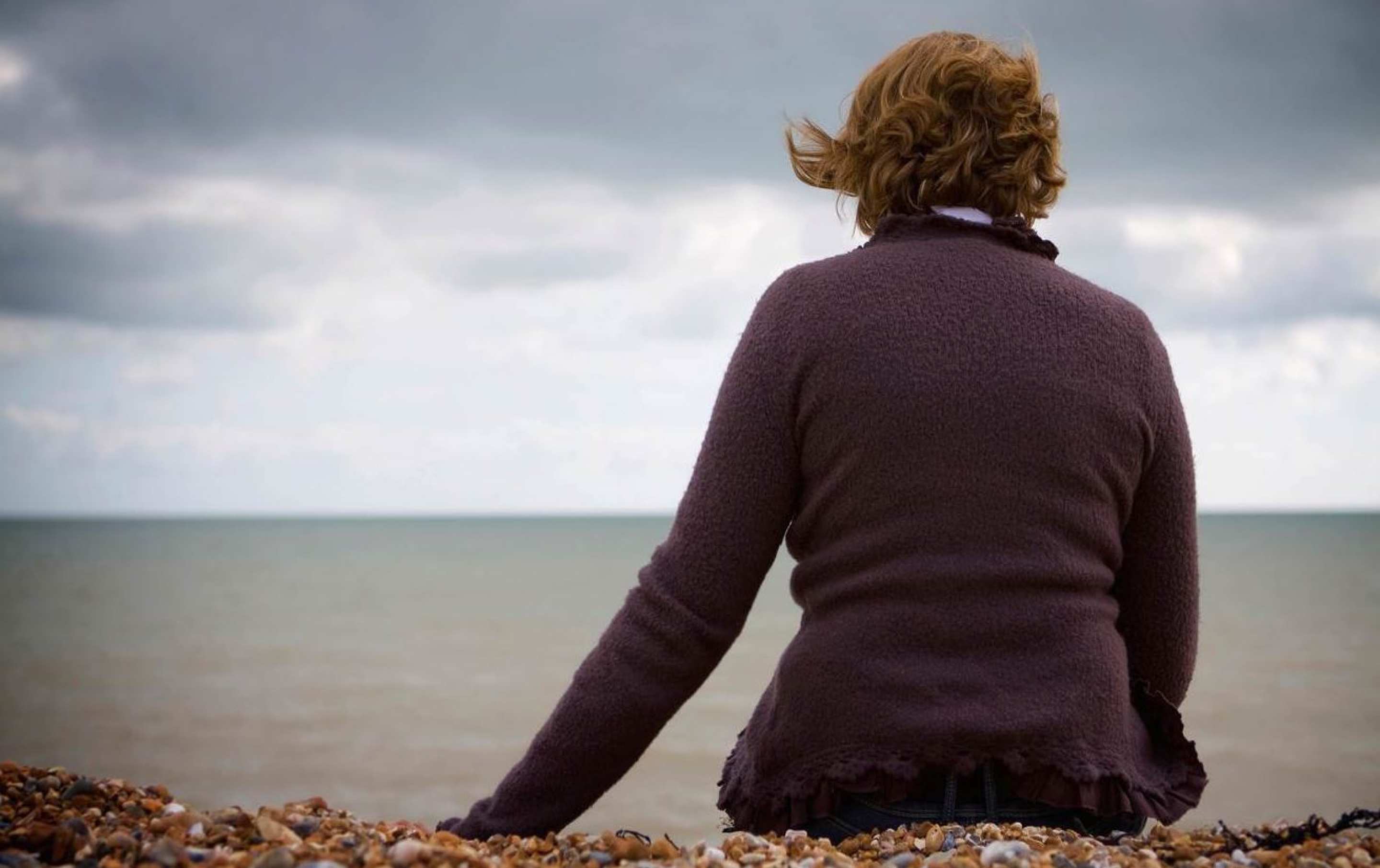Let's talk about death
End-of-life conversations should happen throughout life, not just in our final days, say experts who will address a 'dying well' forum at the University of Sydney on 14 October 2015.

Only two generations ago, most people died at home and it was common for families to care for loved ones during their dying. It was an event that our grandparents’ generation witnessed and experienced in real and intimate ways.
Today most people die in an institutional setting – cared for by doctors, nurses and other healthcare specialists – even though 70 per cent of people say they would prefer to die at home.
The removal of death and dying from our homes and families has eroded our affinity for events that have been central to human culture for millennia. This new absence has allowed the discussion of death and dying to become taboos, despite being inescapable facts of life.
“Even though everyone recognises that they’re mortal, no one really thinks about it until something comes along to challenge that sense of immortality,” says palliative care nursing expert, Kate White of the University of Sydney.
“I’m not too sure I fully understand why death has become so hidden, but it is, and I think that makes it a challenging topic for us to talk about.”
Our ageing population means the number of people dying each year will double in the next quarter of a century – creating a demographic wave of people interested in maintaining their quality of life in the final decades before their decline, dying and death.
But long life expectancies and vast improvements in curative healthcare mean we tend to put off end-of-life discussions, according to Professor White who believes conversations about dying should happen throughout life, not just in our final days.
“I think we got into this position because we became so good at medicine,” she says. “If you think about what people died of a century ago, and how early in life they died, we’ve added decades to people’s life thanks to our better understanding of disease and the development of new interventions and medications.
“We’ve created an expectation in the community, and among ourselves as health professionals, that we can always make things better. It’s almost like we’ve become so focused on the positive outcomes of healthcare that we’ve taken our eye off the critical area of preparing for dying and death.
“As health professionals we are very focused on the physical dimensions of healthcare but the challenge is we can’t let the medicine dominate. So when someone is dying we risk missing the big picture if we ignore the emotional, mental and spiritual needs of an individual and their family.”
Palliative care physician Dr Linda Sheahan consults to health professionals, patients and families about the issues that come to the fore as people approach dying and death.
She agrees that dying raises a host of physical, emotional and “existential” issues for terminally ill people and their loved ones.
“From a medical viewpoint, dying well includes good pain and symptom control. It calls for good preparation for death – being aware that it is, coming and getting ready for dying. It’s also important that people have clear goals and priorities so that these can inform decision-making as they approach death.
“There are important existential issues to consider too. One is to achieve a sense of completion, meaning that life has fulfilled its meaning. Another is to consider what our legacy is going to be and to complete a life review as part of achieving completion and what we leave behind.
“Achieving a sense of completion also has important community dimensions to it, including the gathering together of friends, communion with loved ones, and the resolution of interpersonal conflict.”
Dr Sheahan says having an absence of fear also helps us to die well – “a feeling that some sort of peace has been come to – that dying is here – that it’s part of living, and that it’s okay.
“I think this is one of our biggest problems, not just in the medical milieu but in society more broadly. Seeing that our time for dying has arrived can help us to frame the time that is left.”
The University of Sydney is hosting a free public forum from 6.30pm on 14 October titled ‘What does it mean to die well?’ More information and registration details are available online here.
Related articles
Surge in flu this winter
People suffering severe flu this winter should seek medical treatment as soon as possible.

Dementia tsunami: Alzheimer's and other dementias to triple by 2050
Governments need to take action on delaying the onset of Alzheimer's disease and other dementias, argues Associate Professor Lesley Russell.
Ready, set, Rio: Sydney cohort heads to the Games
As more than 3.5 billion people around the world turn their sights towards Rio this week, 30 athletes from our community are getting ready to take their place on the globe’s biggest sporting stage.
Australian study wants your view on personal genomic testing
Do you want to know about your genetic information? Would you share it?
Maternity care for Aboriginal women
A new maternity services plan for Aboriginal and Torres Strait Islander women in rural and remote communities is urgently required, a report has found.
World-beaters join Brain and Mind Centre to defeat dementia
Three world-leading neuroscience scholars are joining the University of Sydney’s Brain and Mind Centre to progress research-led treatments for dementia and other neuro-degenerative diseases affecting human memory and thinking.
Study explains elastin's remarkable movements
New research likens the flexibility of elastin in a blood vessel to the dynamics of a ballet.